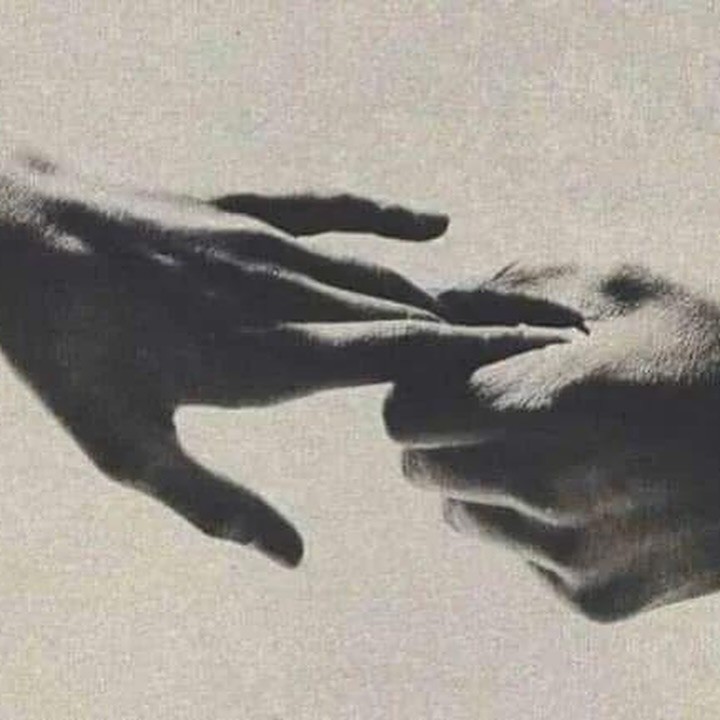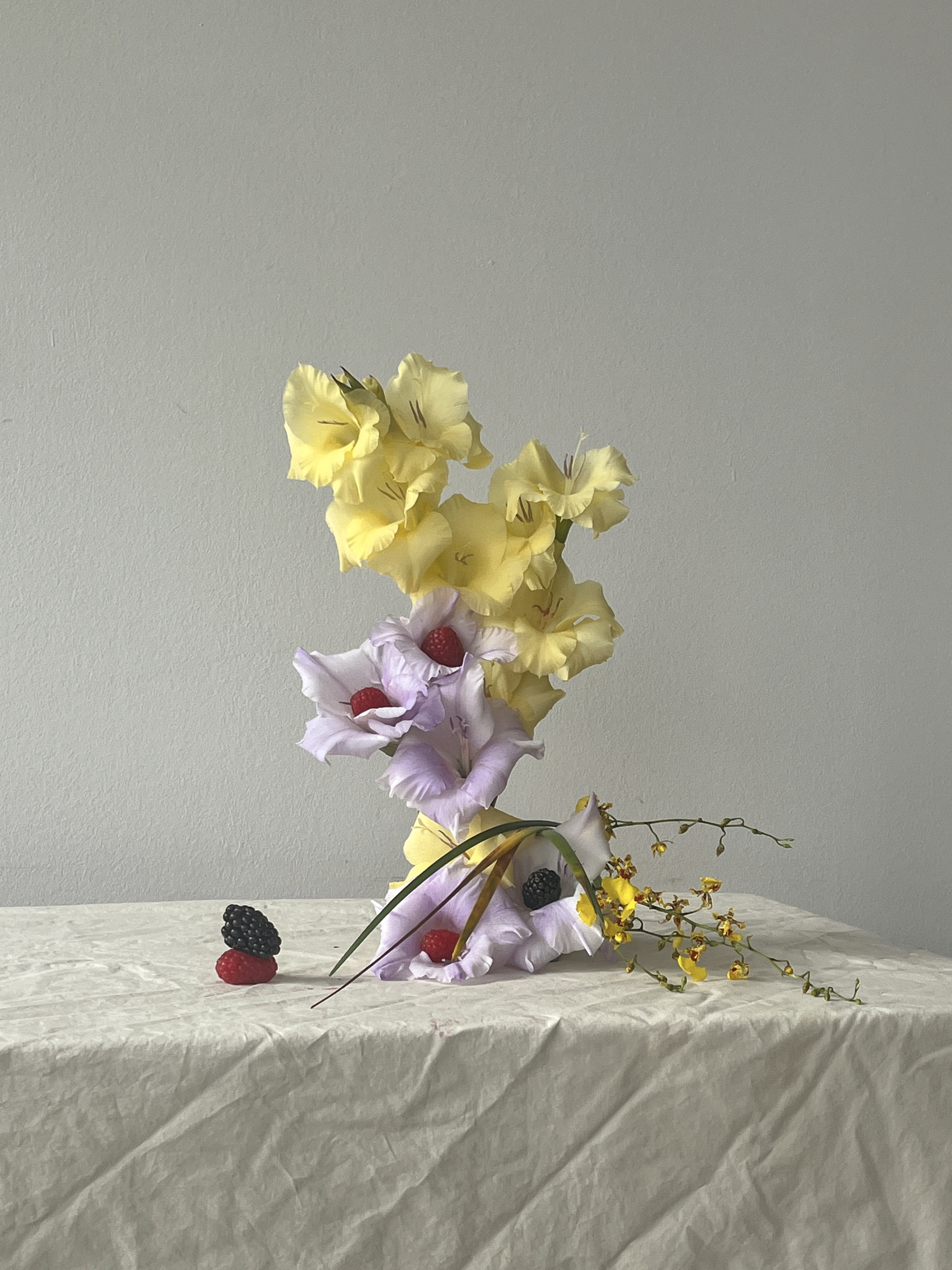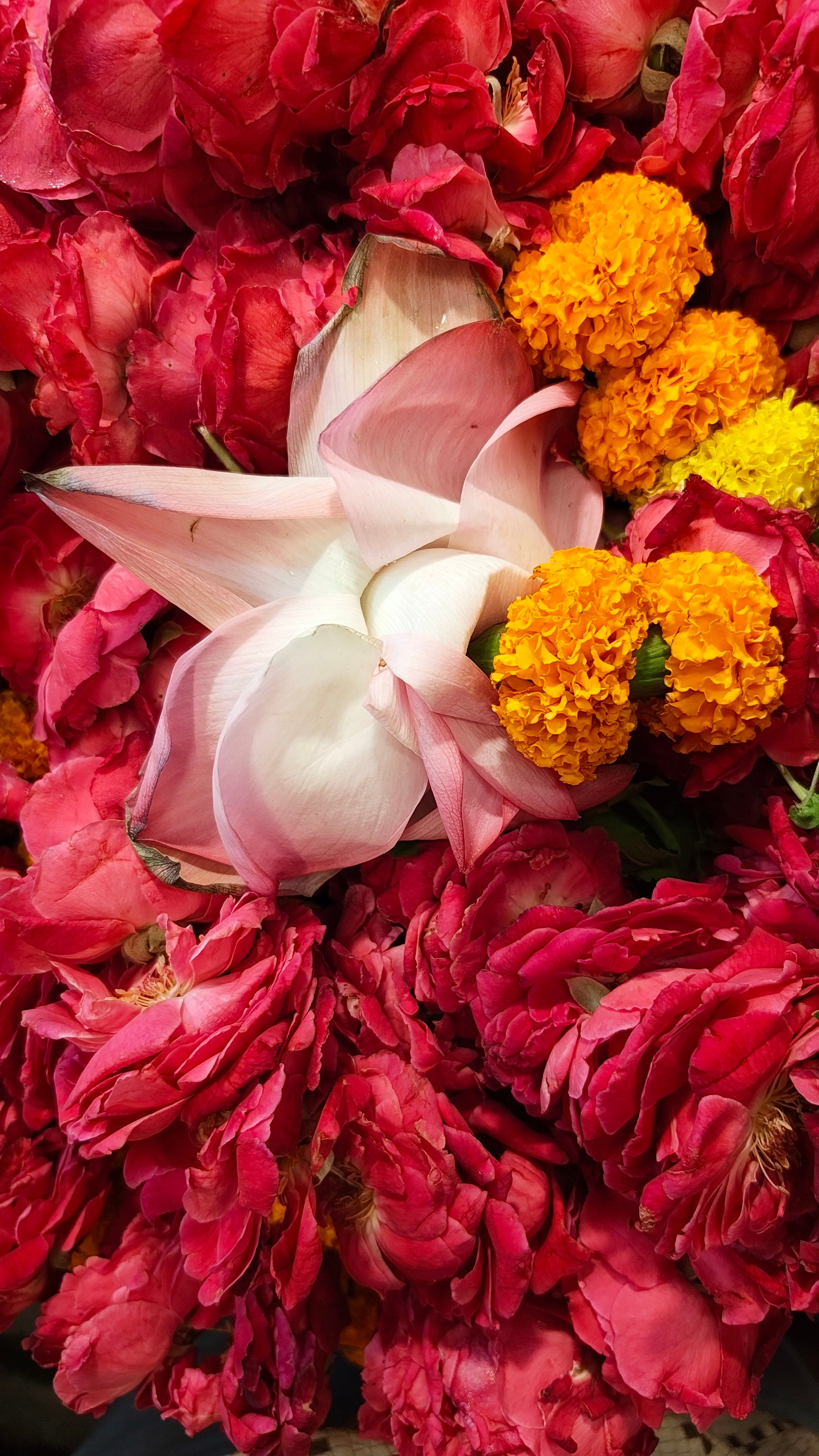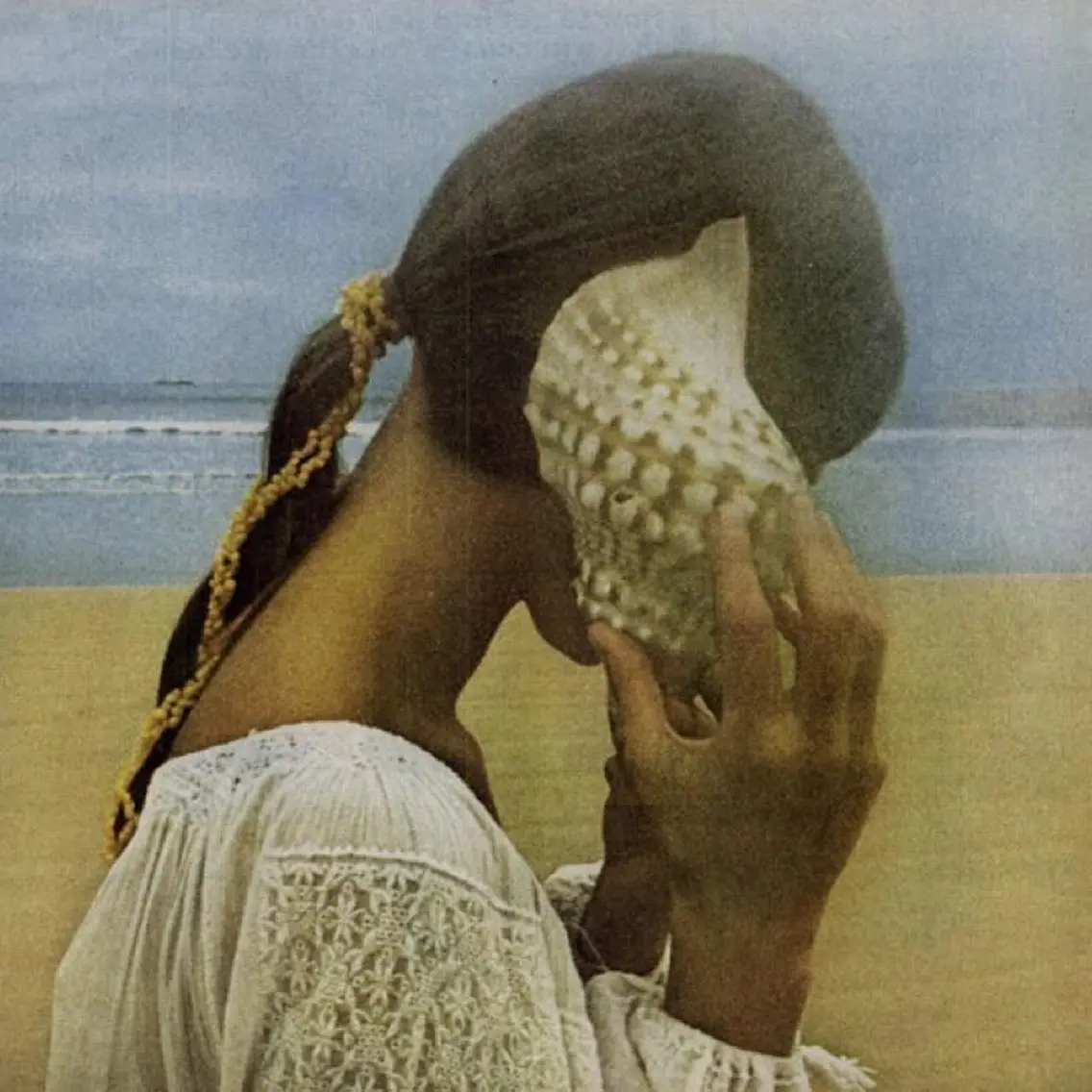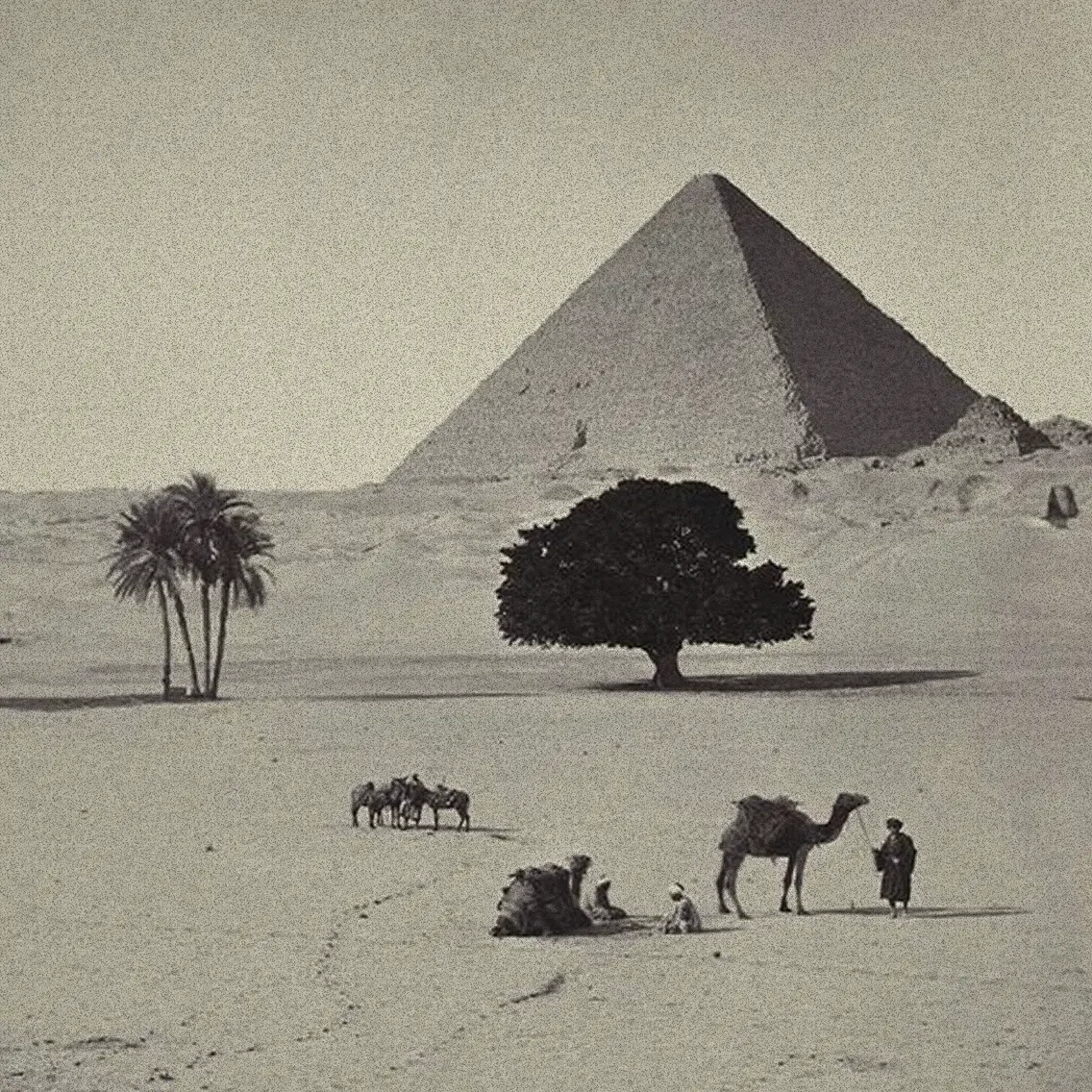Conversations on Love is a beautiful collection of easy-to-read and deeply relatable dialogues with psychologists, philosophers, educators, researchers, romantics, lovers, and learners — all circling around one timeless question: what truly is this thing we call love?
Before you read further, I bring the same question to you:
What does the word love mean to you?
Is love a romantic relationship? Shared connection? Familiarity? Family? Is love what we see in the movies? Is sex, love? Is the care I show to my dog love? Is love unconditional, or is it sometimes selfish? Could it even be in the way I savor food, or in how I notice the world around me?
Natasha Lunn beautifully illustrates that love is not a single definition but a tapestry — something we practice across every corner of our lives. Through her conversations, she gently expands the scope of what love can mean: the tenderness in parenting, the depth of friendship, the rituals of family, the grief that loss leaves behind, and even the love we extend to strangers or to our own evolving selves.
One of my favorite conversations was with Alain de Botton, who speaks about the unglamorous side of sustaining love. He reminds us that lasting love isn’t about grand gestures or constant harmony, but about patience, forgiveness, and learning how to live with another’s imperfections (and our own). He reframes love as less about finding the perfect partner and more about developing the emotional maturity to practice kindness, compromise, and commitment, even when it’s messy. I found this refreshingly honest, especially in contrast to the cultural narratives that idealize romance.
One of the biggest takeaways for me overall was this: do we notice the subtle, fleeting opportunities for love woven through our daily lives? In the way we listen, in the way we show up for others, and in the way we soften toward ourselves.
I’ll end on this beautiful quote in the book, from Cheryl Strayed’s Tiny Beautiful Things:
“The story of human intimacy is one of constantly allowing ourselves to see those we love most deeply in a few, more fractured light. Look hard. Risk that.”
.svg)
